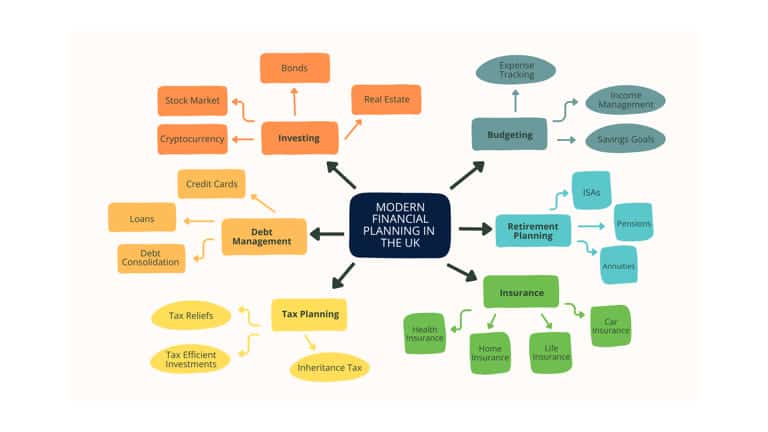Why is financial advice important?
It is sometimes difficult to quantify the benefits of financial advice.
Deciding to appoint a financial adviser is a big step. However, finding the best person or firm to work with is not always easy.
This is due to several factors, including the fact that it is not an actual product you can feel or touch. Also, a poor industry reputation from years past means many clients are sceptical about the benefits.
Nowadays, financial advisers require much higher levels of qualifications to give advice. Regulation is also much stricter compared to previous years gone by. The recent FCA Consumer Duty Regulations puts more onus on advisers to act in the client’s best inter
Several recent academic studies have proven that clients who use a financial advisor are better off than those who try to do things themselves.

ILC and Vanguard Studies
A 2020 report by the International Longevity Centre concluded that clients do achieve a better return using a financial advisor.
Taking financial advice can lead to significant financial benefits. On average, individuals who receive financial advice are £47,000 better off in retirement compared to those who do not seek advice. This is particularly beneficial for less affluent groups.
People who receive financial advice also tend to feel more confident, worry less, and are better prepared for retirement than those who do not seek advice.
Also, the Vanguard Study “Advisers Alpha—The Value of Financial Advice” concluded that investors who use a financial adviser are three percent better off each year than investors who do not seek financial advice.
Building A Long Term Relationship With Your Adviser
The real benefit of working with a financial advisor comes from the long-term strategy towards your finances.
Both studies concluded that long-term financial advice was the best way to improve your financial plans.
From feeling supported and confident to accessing ongoing guidance, individuals can unlock the full value of expert advice. So, when considering the worth of financial advice, the advantages extend far beyond monetary gains.
Ultimately, the main reason for appointing a financial advisor is to ensure you are financially better off, even after paying for the advice costs charged.
Financial Planning

Questions about the benefits of financial advice
We offer prospective clients a complimentary initial online meeting to learn more about our services and how we can help. The meeting is free of charge, as we bear the costs on your behalf.
Yes, advisors provide tailored retirement plans, suggest appropriate savings rates, and recommend investment strategies to ensure a comfortable retirement.
It depends on your financial situation. In the UK, regular check-ins, such as annual ones, are required if you are paying for ongoing advice. For more complicated arrangements, half-yearly would be more appropriate.
You should discuss this with us to ensure the service will suit you.
Costs vary based on the complexity of your finances and the time the advice will take.
We will provide a full fixed cost for the initial advice and any ongoing work before we carry out any work for you. Our service is typically designed for clients with at least £250,000 of investments and/or pensions.
No, financial advice is beneficial for individuals at all income levels. It helps manage finances effectively, regardless of the size of one’s assets. However, we have a minimum charge for initial and ongoing advice. This might mean the cost might be too high for investors with small amounts of pensions or savings.
